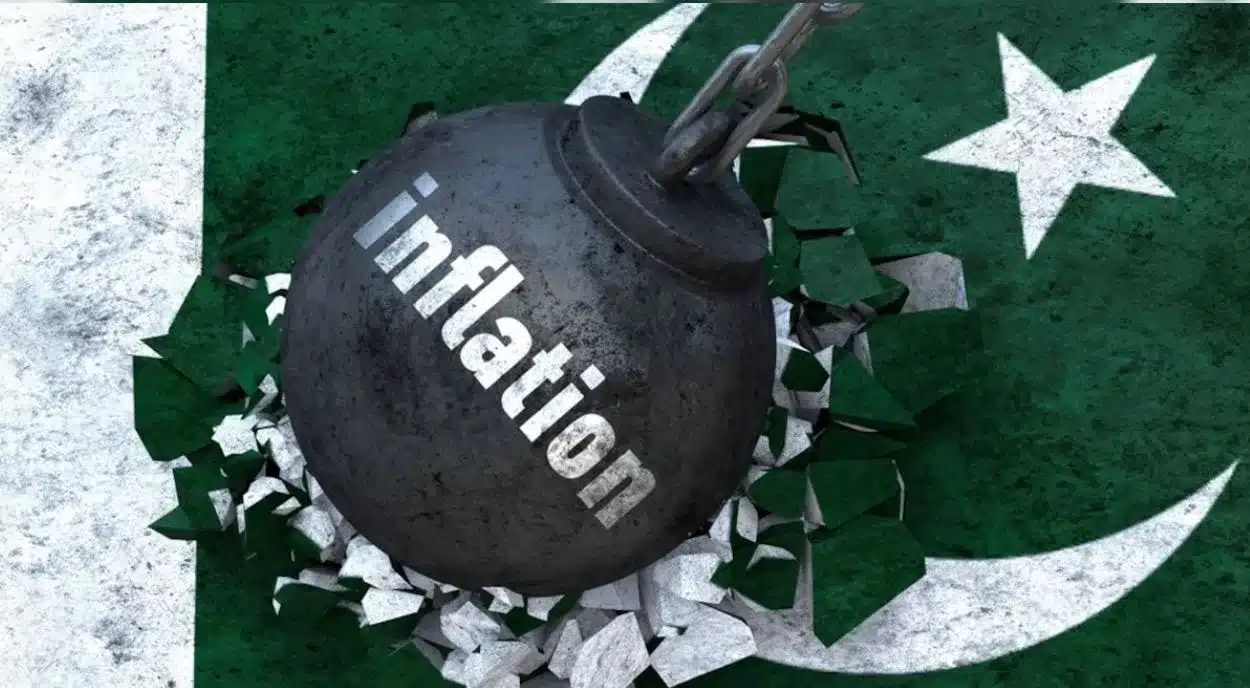Despite claims of decreasing inflation in Pakistan, food and beverage costs continue to climb. The latest figures indicate a 1.06 per cent reduction in inflation over the past week, with the annual rate also dropping to 21.22 per cent.
The Federal Bureau of Statistics’ weekly report notes a decrease in the prices of 16 essential items, such as wheat flour, tomatoes, onions, garlic, petrol, and diesel. Conversely, 20 key products, including potatoes, eggs, and various meats, have increased, while 15 items maintained stable pricing.
Specifically, tomato prices have decreased significantly by 27 rupees per kilogram. Onion prices also fell by over 27 rupees per kilogram, and garlic prices decreased by 46. On the flip side, the cost of potatoes rose by 1.28 rupees per kilogram, beef by 10 rupees per kilogram, and mutton by 20 rupees per kilogram.
Further price increases were noted in chana dal, up by 3 rupees per kilogram, and eggs, which increased by 2 rupees per dozen. Comparing year-over-year figures, onion prices surged by 88 per cent, red chillies by 70 per cent, garlic by 62 per cent, tomatoes by 36 per cent, and salt by 33 per cent. Other significant annual increases include beef at 24 per cent, masoor dal at 22 per cent, and sugar at 21 per cent. Gas charges have escalated dramatically, with a 570 per cent increase noted.
In economic discussions, the International Monetary Fund (IMF) has highlighted the burden of heavy interest payments on Pakistan’s debts. Negotiations between the IMF and Pakistan are underway in Islamabad to secure a new bailout package.
The IMF is pressing for reduced expenditures in light of the significant debt interest, projected to reach 9,787 billion rupees in the next fiscal year, up from this year’s 8,371 billion rupees. In the first nine months of this fiscal year, 5,518 billion rupees have been spent on servicing domestic and foreign debts.
Despite the government’s net revenue from July to March totalling 5,313 billion rupees, interest payments exceeded this by 205 billion. The debt ratio, however, is expected to decline from 72.1 per cent this year to 70 per cent next year, though high external financing needs and interest rates continue to pose risks to debt sustainability. The IMF asserts that reducing Pakistan’s debt will hinge on effectively continuing current policies.






